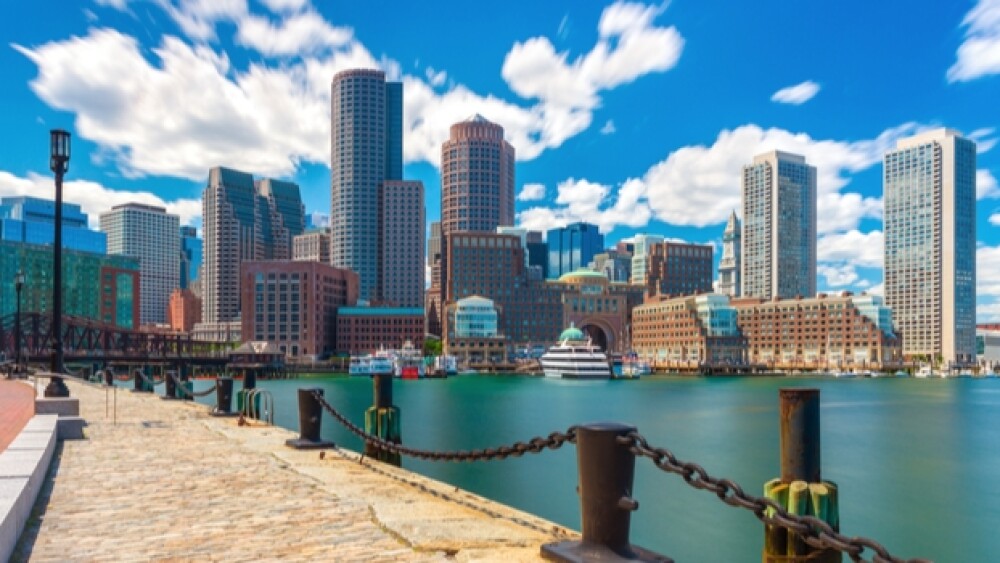The new six-story building they have planned would sit behind the BEAT and occupy approximately 295,000 square feet of the 16.6-acre property.
Bought by Nordblom in 2017 and redeveloped as a think tank, lab and commercial center, the BEAT (Boston Exchange for Accelerated Technology) already has a third of its space occupied. The building is rapidly meeting its capacity as entities such as biotech venture capital firm Flagship Pioneering and fitness apparel company Nobull competed for space while numerous parties convened inside the boardroom to discuss further construction, the payoff contingent on the local biotech industry.
Now repurposed, the former Globe headquarters at 135 Morrissey Boulevard hosts innovators such as the developers who set their sites on the adjoining land as the location of a new biotech building in Boston, Massachusetts. These developers, officials from Beacon Capital Partners and Nordblom, held a preliminary neighborhood meeting this past week in response to rapid industry growth in the area.
The new six-story building they have planned would sit behind the BEAT and occupy approximately 295,000 square feet of the 16.6-acre property. Abutted by I-93, wetland and dead-end streets such as Savin Hill Court and Wave Avenue, the location serves as prime real estate in a hot market driven by the burgeoning biotech industry in nearby areas such as Kendall Square in Cambridge, known as “Genetown.”
Attended by representatives from neighboring street Savin Hill— as well as David Manfredi, the CEO of the architectural firm Elkus Manfredi, Nordlbom’s senior vice president of development and director of mixed-use projects Todd Fremont Smith and Boston’s District 3 Councillor Frank Baker—the bustling meeting was part of an overall initiative to address current and projected demands for biomanufacturing space in Massachusetts.
In response to current and projected industry demands in the state, Boston and its surrounding suburbs have experienced rapid development of late. Experts estimate a need for 20 million square feet of lab and biomanufacturing space by 2024, and in the past 10 years, developers stepped up to meet that demand by building 21.6 million square feet of it.
The influx of professionals this growth entails has, in turn, fueled an explosion of housing and retail development in the immediate area and nearby Dorchester. As developers make plans to nestle two residential complexes with 459 units total near Boston Bowl, which would sit just down the street from the proposed building, other projects such as The Neponset Wharf and DotBlock are underway that will contribute substantial residential, office, retail, entertainment and lab space.
This rapid development fueled by an expanding bio space industry parallels a tight hiring market, especially when it comes to finding skilled talent to manage the many new positions at young start-ups. Turnover rates are high.
To attract and retain skilled talent, companies offer competitive pay, better benefits and more opportunities for remote work.
As prospective employees adapt to this shift in job market dynamics and fill the estimated 40,000 life science jobs projected in the state over the next decade, Boston’s future looks bright.
Featured Jobs on BioSpace





